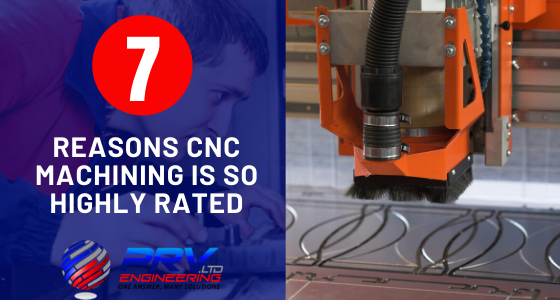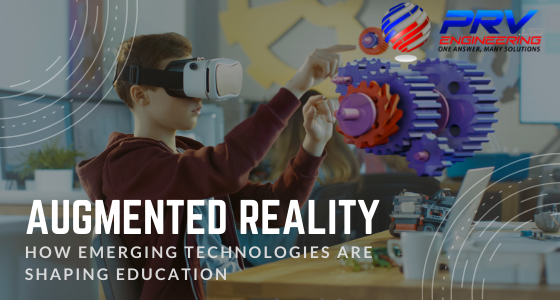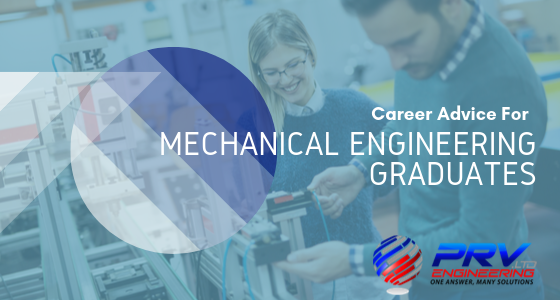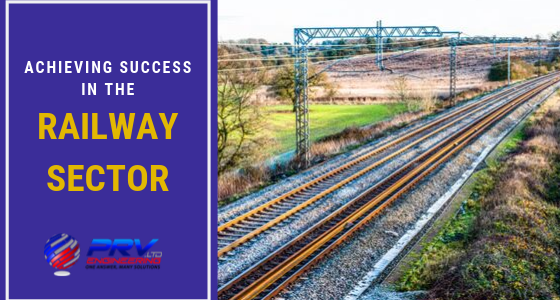The World Automotive Conference was held in Istanbul on October 17 2019, where experts presented possible solutions for keeping up with future trends in the automotive sector.
From managing global economic challenges to overcoming changing industry demands, 50 speakers added tremendous value to the conversation. There are various issues plaguing the automotive sector including too much traffic, too many cars, bad drivers, inadequate public transport, air pollution and not enough parking.
These may not be the trends that are directly shaping the automotive industry but they are important nonetheless. It clearly indicates some of the consumer feedback which the automotive sector needs to respond to.
Even though the British manufacturing sector is the ninth-largest in the world, Brexit has already had an impact and it could get even worse. Factories in Britain have suffered a sixth consecutive month in October showing fewer new orders thanks to the ongoing Brexit uncertainty. The industry is facing a tough future with weakened global demand for UK manufactured goods and employment issues.
According to an industry survey, Brexit has not only affected demand but also an increase in job losses. The survey was conducted before the announcement of the election which reflects two months of preparations for leaving the EU on 31 October. Of course, we all know what happened with that story.
The term Augmented Reality was first used in 1990 with the first commercial uses being in television and the military. Since then, AR technology has evolved considerably as we see it being used in Augmented Reality applications across every industry. The Augmented Reality market showed record growth in 2018 and according to Markets and Markets, the industry will be worth $61.39 billion by 2023.
Welding flux is crucial as a prime anti-oxidising agent most commonly associated with arc welding. Choosing the right one will play an important role in the final quality of the weld. As anyone in the industry knows, becoming a welder is no easy feat as they are put to the test with extensive training. Welders must familiarise themselves with the various weld types, practices and the components for each welding method.
Did you know that flux core welding is known as one of the oldest arc welding methods? In this case, age has no bearing as is it remains one of the most effective and widely used methods for joining metal. The way it works is pretty straightforward as flux prevents welds from interacting with the environment, including air. Without flux, the base and filler material will interact with the atmosphere forming oxides or other unwanted compounds.
Over the last four decades or so, fibre-reinforced plastics (FRP) have been used in engineering structures. Since then, the use of composite materials has steadily diversified into sports equipment, helicopters, aerospace and high-performance racing cars.
The military first used composite materials before engineering companies applied the technology to commercial planes and cars. It was initially used in military applications such as radomes, secondary structures and internal components. Looking at the automotive future, composite materials can be used to design and build safer, lighter vehicles.
Engineering in any sense of the word is a rewarding and exciting career that plays a vital role within the UK economy. Mechanical engineering is all about designing, developing, testing and manufacturing materials for a wide variety of industries and applications.
A Mechanical Engineer is responsible for anything from building engine components and maintaining industrial equipment to servicing robotic machinery. In this article, we briefly cover aspects of mechanical engineering along with essential tips for graduates seeking a career within the industry.
The energy world is changing whether we like it or not but is solar power all that it’s cracked up to be? People want to save money, live a more sustainable life while enjoying a dependable source of electricity. While solar energy certainly ticks all of those boxes, nothing is ever that simple.
Before investing in a solar energy system for your home or business, there are a few things you should consider. First of all, ask yourself how cost-effective solar energy really is. What advancements are currently being made in solar power and what laws have been put into place?
We take a closer look at energy consumption, oil dependency and some of the advantages and disadvantages of solar power.
Successful engineering companies use a combination of expert knowledge, experience and continuous investment in machinery and staff. Custom fabrication services require all of these elements and more as quality and production costs are the top priority. Custom fabrication is a specialist process whether you’re machining steel or aluminium.
Metal fabrication, for example, involves a wide range of skills and disciplines from profiling, bending and forming, cropping, welding to assembly and finishing. While technology, machinery and computer-aided design software have led to advanced custom fabrication services, there is still no substitute for experience.











Recent Comments